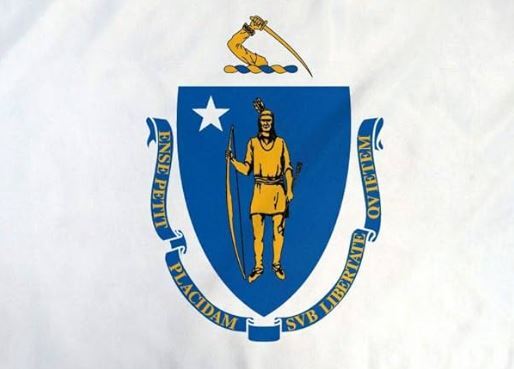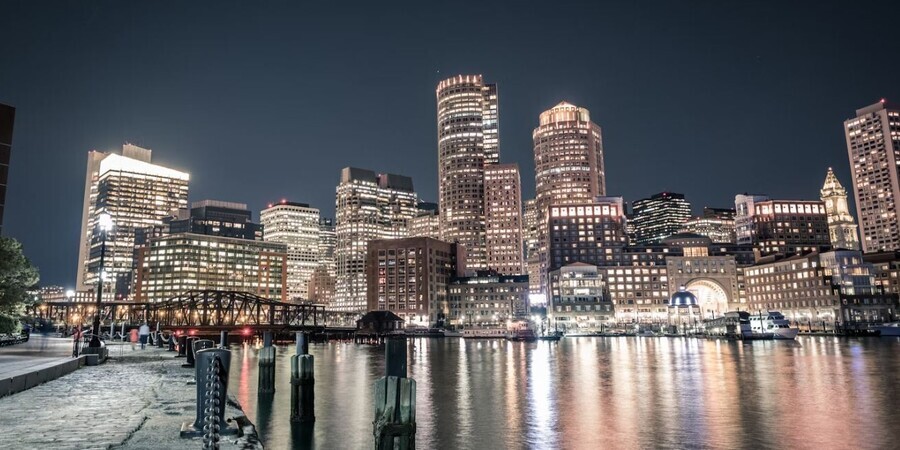MASSACHUSETTS - Boston, Massachusetts, a city steeped in American history, academic prestige, and revolutionary spirit, is known by a variety of distinctive nicknames. Each moniker tells a story, reflecting different aspects of its rich past, its cultural identity, and its role in shaping the nation. From its colonial-era cuisine to its intellectual and geographical importance, let's explore the origins and meanings behind Boston's most famous nicknames.
The Most Famous (and Debated) Nickname: "Beantown"
Perhaps the most widely recognized nickname for Boston, though not always a favorite among locals, is "Beantown."
- Origin: This name is a direct reference to a popular regional dish from the colonial era: Boston baked beans. Early Bostonians, influenced by Puritan traditions, would slow-cook navy beans in molasses for hours, often preparing them on Saturday to avoid cooking on the Sabbath. The dish became a staple of the local diet.
- Modern Usage: Sailors and traders who visited the port city spread the name, and it became a popular, if somewhat informal, way to refer to Boston. While some modern residents find it a bit outdated or cliché, it remains an iconic and enduring part of the city's identity.
The Intellectual & Geographical Moniker: "The Hub of the Universe"
A more flattering and historically significant nickname is "The Hub," which is derived from the phrase "The Hub of the Universe."
- Origin: This ambitious title was coined by the Boston-born author and poet Oliver Wendell Holmes Sr. in his 1858 book, The Autocrat of the Breakfast Table. In it, he described the Massachusetts State House as "the hub of the solar system."
- Meaning: Holmes intended the name to reflect Boston's status in the 19th century as a significant intellectual and cultural center of the United States, home to renowned universities, authors, and thinkers. Over time, "The Hub of the Universe" was shortened to simply "The Hub," and it continues to represent the city's importance as a center for education, medicine, technology, and culture in New England.
The Historical Nicknames: Revolution and Learning
Two other essential nicknames speak directly to Boston's foundational role in American history and thought:
- "The Cradle of Liberty": This powerful nickname refers to Boston's pivotal role in sparking the American Revolution. The city was the site of key events, including the Boston Massacre, the Boston Tea Party, and the activities of revolutionary leaders such as Samuel Adams and John Hancock. Faneuil Hall, a frequent meeting place for patriots, is often specifically called "the Cradle of Liberty."
- "The Athens of America": This title, popular in the 19th century, likened Boston to the ancient city of Athens in Greece. It celebrated the city's reputation as a center for learning, philosophy, democracy, and the arts, anchored by institutions such as Harvard University and a thriving literary scene.



